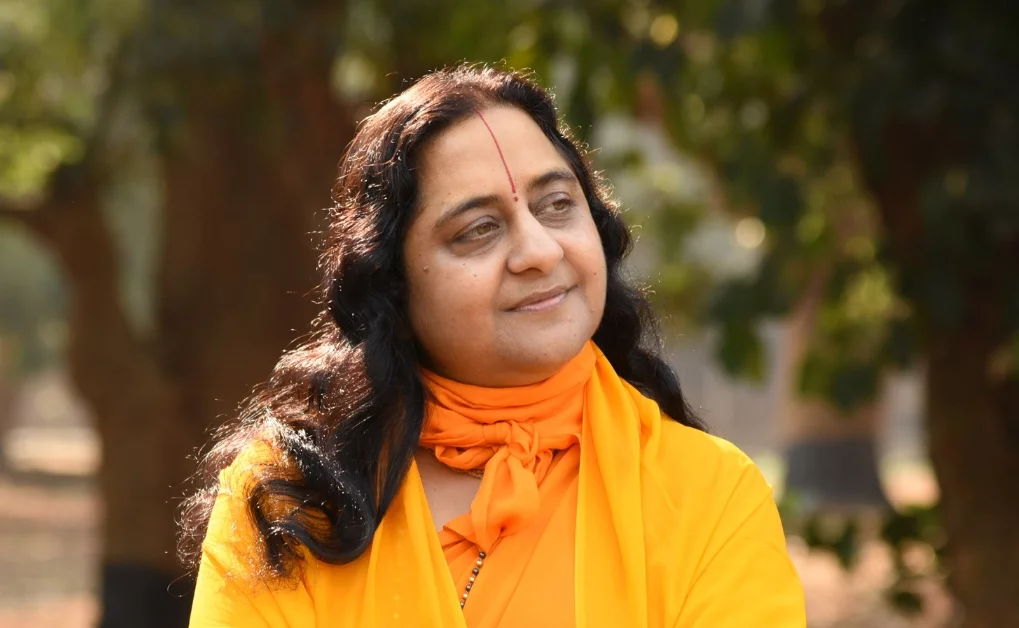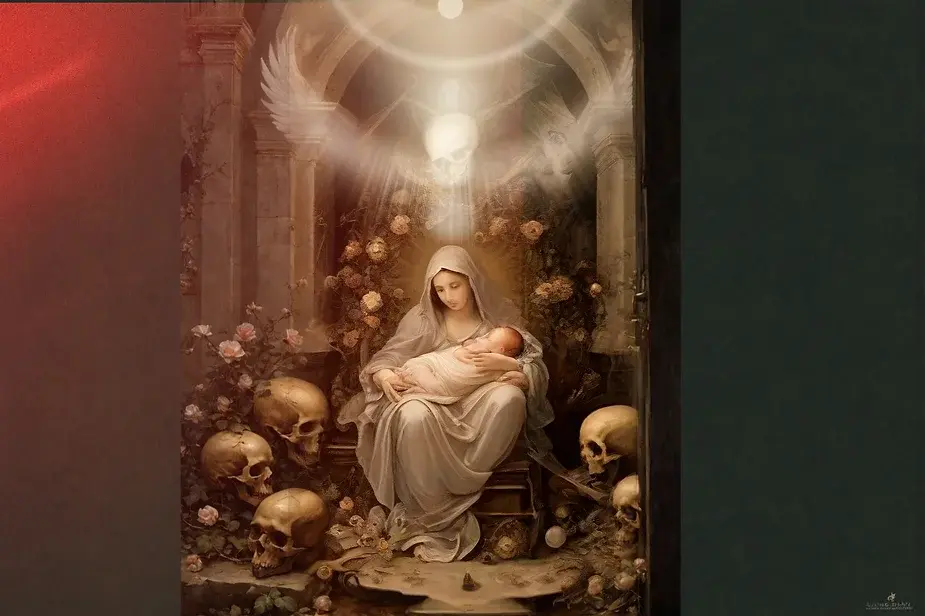Hindu calendar | Let us Celebrate Hindu New Year
- BGSM

- Mar 23, 2023
- 4 min read
Updated: Sep 19, 2023

Hindu New Year is also known as Vikram Samvat which falls in late March or early April on the Gregorian Calendar or English calendar which is a Christian era time division.
The history of the Hindu New Year dates back to the ancient Hindu kingdom of Magadha, around 1,500 years ago. According to legend, King Vikramaditya, the ruler of Magadha, defeated the Sakas, a group of Indo-Scythian invaders, and established a new era called "Vikram Samvat." Since then, the Hindu New Year is celebrated on the day of the Chaitra Shukla Paksha.
As per the lunar calendar, it falls on Chaitra Shukla Paksha Pratipada of Vikram Samvat. It is also the beginning of the Navratra Celebration and on the 9th day, Shri Ram Navami is celebrated as the appearance day of Lord Ram.
Year: Samvat
Samvat refers to era of the several Hindu calendar systems. There are several samvat found in historic Buddhist, Hindu and Jaina texts and epigraphy, of which three are most significant: Vikrama era, Old Shaka era and Shaka era of 78 CE.
Length of year in various Sanskrit texts
Text | Estimated length of the sidereal year** |
365 days, 6 hours, 12 minutes, 9 seconds | |
Laghu Arya Siddhanta | 365 days, 6 hours, 12 minutes, 30 seconds |
Arya Siddhanta | 365 days, 6 hours, 12 minutes, 30.84 seconds |
Paracara Siddhanta | 365 days, 6 hours, 12 minutes, 31.50 seconds |
Paulica Siddhanta | 365 days, 6 hours, 12 minutes, 36 seconds |
365 days, 6 hours, 12 minutes, 36.56 seconds |
**A sidereal year, also called a sidereal orbital period, is the time that Earth or another planetary body takes to orbit the Sun once concerning the fixed stars.
New Year celebration holds a significant place in our culture. It marks the beginning of a new way of life with new aspirations, new ambitions, and newness in every sense. People often celebrate the occasion by visiting temples, offering prayers, distributing sweets to one another, and making new dishes at home.
A deep sense of joy pervades everywhere. However, Celebrating New year varies from place to place, culture to culture, and social ethos. Most People celebrate 1st January as the new year around the World as this is the beginning of a new English Calendar Year.
However, as per the Sanatana Dharma, this new year means the beginning of a new era, the emergence of the universe. It means the universe emerged out of nothingness on this day which was earlier supposed to be void. It is believed that by the causeless grace of God, the Universe took shape for some time and it shall again go into collapse.
Significance of Hindu New Year

New Year symbolizes a new beginning of everything which celebrates victory over evil, light over darkness, knowledge over ignorance, faith over mistrust, and so on. The day is celebrated with great vigor and enthusiasm and offers people a renewed sense of optimism.
It is also a time for self-reflection, forgiveness, and renewal, where people make resolutions to improve themselves and their relationships with others.
The Hindu New Year holds a time of historical and religious importance and commemorates the start of the new harvesting season in many parts of India.
People celebrate as pe their religious and cultural faiths, such as Baisakhi – Punjab, Jude Sheetal - Bihar, Jharkhand, Gudi Padwa – Maharashtra, Ugadi - Karnataka, Telangana, and Andhra Pradesh, Vishu – Kerala, Pohela Boishakh - West Bengal and so on.
Historical & Cultural Relevance

The onset of Spring brings newness to mother Nature which adorns itself with blossoming new leaves, new flowers, and fruits and fills the air with the aroma of its revival. It gives out the message of a new fresh beginning.
If we flashback to our ancient glorious past, then on this day Lord Shri Ram was coronated as the King of Ayodhya in Treta Yuga after defeating the demon, Ravana. This declares the win of virtue against evil and Ram Rajya was established.
During Dwapar Yuga, King Yudhistira started his new Samvat after winning the great battle of Mahabharata. This showcases the beginning of a new era of virtue, wisdom, the commitment of love for the nation, compassion for others, a sense of collective togetherness, and so on. And in Kaliyuga, there is the beginning of Vikram Samvat after decimating the evil forces of the Saka dynasty in India.
The western people practiced a ten-month year system, completely ignoring the three months of the winter.
The credit goes to the Sanatan scientists, astronomers, and Mathematicians who discovered the most scientific time division in 3 BC. (Reference: Aitereya Upanishad, Shatpath Brahman, and Rig Veda).
Let us Celebrate
Hindu New Year is a time of new beginnings, reflection, and gratitude for the blessings of life. It is an occasion that brings people together, reinforces their faith, and instills hope for a brighter future.
As we celebrate Hindu New Year, let us embrace the spirit of unity, love, and compassion towards all living beings, and work towards making the world a better place. Let us not forget our glorious ancient culture of our negligence and being overpowered by western culture.





















Thanks !this blog gave me lots of information. Let the wisdom of Sanatana Dharma reach every corner of India and everywhere in the world.
It is a matter of question that Hindu sentiments are getting questioned by others. The reason is that we Hindus' are either less or not aware of our glorious past that contains our History, religion, its rich and vibrant culture, and significantly our Sanatana Dharma. We are completely dominated by western culture forgetting our own. This is naïve temperament indeed. Let us know our own culture, religion, explore it as much as possible. This article is indeed an inspiration for us to start thinking of our own Sanatana Dharma.
Radhe Radhe MAA